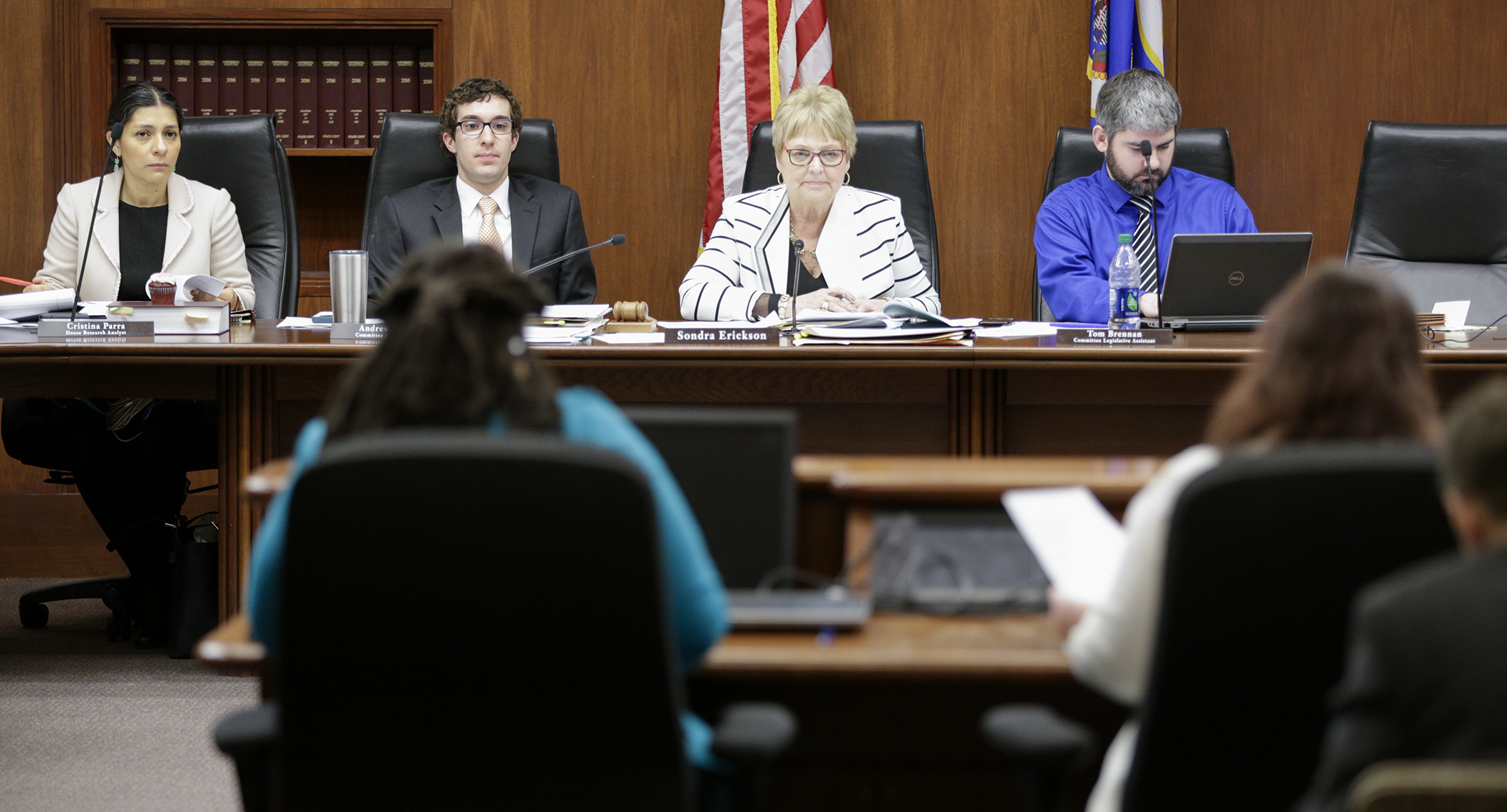‘Innovative approach’ proposed for teacher shortage situation

Facing a nationwide teacher shortage, a proposal would make multiple changes to teacher preparation, compensation and loan forgiveness programs in an effort to increase the supply of educators in Minnesota.
“We must do more to recruit, prepare and retain teachers for the education force of tomorrow,” Denise Dittrich, associate director of government relations for the Minnesota School Boards Association told the House Education Innovation Policy Committee Thursday.
HF1663, sponsored by committee chair Rep. Sondra Erickson (R-Princeton), is a compilation of multiple ideas that have been brought before the committee throughout the session.
“This is our attempt to provide an innovative approach,” Erickson said.
Approved by the committee, it now heads to the House Government Operations and Elections Policy Committee. Its companion, SF1725, sponsored by Sen. Carla Nelson (R-Rochester), awaits action by the Senate E-12 Policy Committee.
The bill would alter the alternative teacher compensation program from the current formula of both state aid and levy revenue to only state aid. The adjustment would afford districts flexibility when implementing teacher development and evaluation programs. Teacher preparation programs, including concurrent enrollment programs, would see reduced requirements for both eligible candidates and grant disbursements.
Aimed at increasing affordability, it would also alter the teacher loan shortage forgiveness program by expanding eligibility for teachers of color and to economic regions where shortages exist. Reporting requirements would also expand to include the ethnicity of those participating in the program.
“Maintaining Minnesota’s quality of life will require a well-educated workforce, and that workforce depends on effective schools and effective teachers,” said Dr. Katie Maguire, superintendent of Osseo Area Schools.
The bill would also create a teacher shortage advisory task force to provide recommendations regarding current teacher shortage data, factors that affect supply and demand, and changes to existing laws and policies. It would expire Jan. 16, 2020.
Related Articles
Search Session Daily
Advanced Search OptionsPriority Dailies
Ways and Means Committee OKs proposed $512 million supplemental budget on party-line vote
By Mike Cook Meeting more needs or fiscal irresponsibility is one way to sum up the differences among the two parties on a supplemental spending package a year after a $72 billion state budg...
Meeting more needs or fiscal irresponsibility is one way to sum up the differences among the two parties on a supplemental spending package a year after a $72 billion state budg...
Minnesota’s projected budget surplus balloons to $3.7 billion, but fiscal pressure still looms
By Rob Hubbard Just as Minnesota has experienced a warmer winter than usual, so has the state’s budget outlook warmed over the past few months.
On Thursday, Minnesota Management and Budget...
Just as Minnesota has experienced a warmer winter than usual, so has the state’s budget outlook warmed over the past few months.
On Thursday, Minnesota Management and Budget...